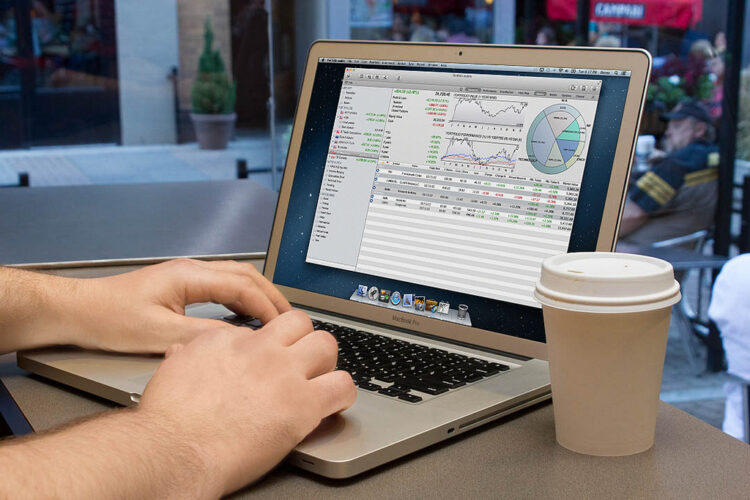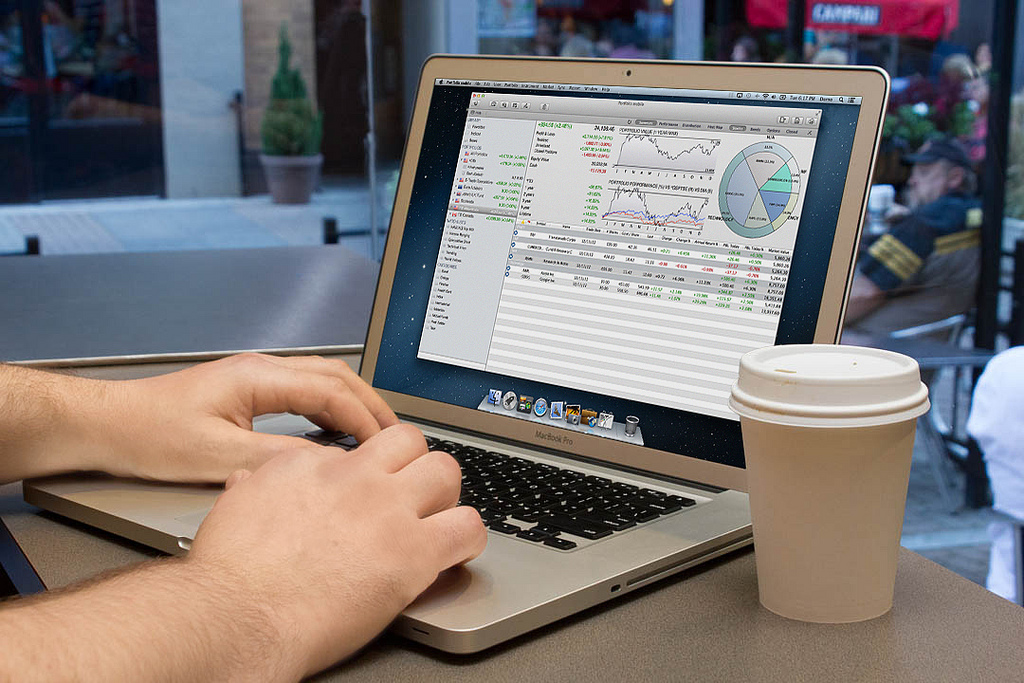The next big thing in financial markets is automated trading. Automated trading is exactly as it sounds. Instead of executing every trade yourself, it is done automatically through a trading platform. This not only saves time, but also helps you make trading decisions. There are various types of automated trading. Some are used to execute large amounts of trades without delay. Others actually make decisions for the traders.
Let’s have a quick look at the different types of automated trading, so that you can get an idea of whether automated trading is for you.
The different types of automated trading
Retail automated trading
Retail automated trading is designed for novice traders. It uses an intuitive method to make good trading choices for you: it copies experienced Forex traders. This is the foundation behind mirror trading, copy trading and signals trading. These are all platforms that work on the assumption that you should not need to make mistakes when you can follow others who know what they’re doing.
It isn’t all about copying. Automated or algorithmic trading also allows individuals to follow far more trades than otherwise possible. They can diversify investments, making decisions on a level they would never otherwise have time for.
Institutional automated trading
Institutional automated trading is the type used by big banks and corporations. Otherwise known as quantitative automated trading, it allows companies with the financial wherewithal to make huge numbers of trades every day, making them equivalent returns. While it can be a dangerous endeavour, as there is a lot of money at stake, if used cleverly the gains will far outweigh the losses.
Automated trading technology
The technology used for automated trading is complex and varied, but accessible to all. Trading websites provide the platforms without requiring huge deposits. Trading companies such as this one provide a range of automated trading software.
Most Forex trading platforms come with what are called Expert Advisor robots (EAs). These are available to execute your trades automatically. You can load scripts with a set of instructions which they will consequently carry through. Other software includes MQL5, which uses signals to know when to trade, and ZuluTrade, which converts the recommendations of expert traders into automated trades.
Industry players
Some of the most effective trading algorithms are written by individual traders or corporate employees according to their own analyses. You can run these algorithms through API libraries or your own software.
The big industry players include Interactive Brokers Group who actively solicit trading algorithms from individual software developers. Virtu Financial, another big automated trading company, reported that out of 1278 days of automated trading, they profited on 1277 days, losing out only once.
Future developments
Another interesting development is with start-ups which are bringing automation and online execution to the investment sphere, typically a much more conservative vertical than trading. Companies such as Nutmeg and Invest.com promise to strip away the complexity of investing allowing beginners to invest in long term products whilst managing and seeing their portfolio almost in real-time rather than receiving bi-annual reports from their financial advisor.
Image credit: CC by OTA Photos




